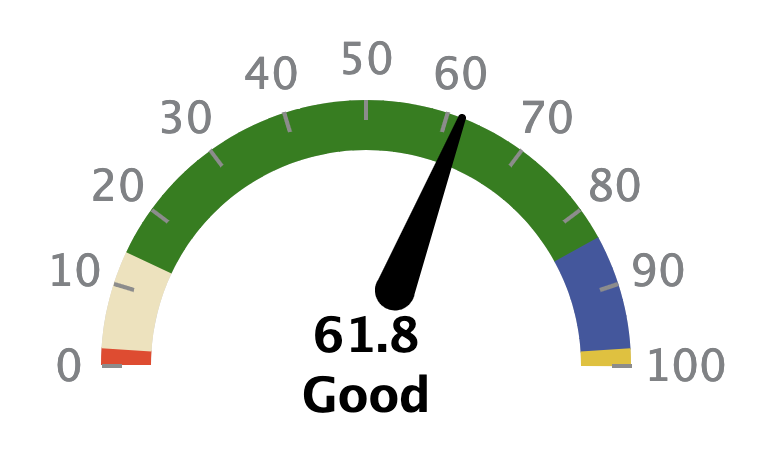I am finishing a book that has really engaged me from a variety of perspectives; the name is The End of Average, by Todd Rose. This book is a must for every parent, educator, assessor, leader, and friend. So don’t pass go without reading this book. It is a must.
This book describes the strategy I have had to learn and develop in my life the hard way. Todd is a statistician, like me. Ironically, he dropped out of high school and struggled with learning until he learned a lot about his uniquenesses. The book’s premise is that we are conditioned to compare ourselves with the average in every area of life (including the church). We have glorified this concept of average to such an extent that we think something is wrong if we are below average in anything!
NO ONE IS AVERAGE
Averages are meaningless as far as describing reality is concerned. In the graduate statistic classes, I taught at the University of Central Florida, I would illustrate this with my students by stating the average American has one testicle and one breast. But it is very difficult to find someone that matches that description. And that is true of averages. Most often, they don’t describe reality. NO ONE IS AVERAGE. To combat “averagarianism,” one has to establish a concept of individuality. In other words, we are all unique individuals. And I believe created by God that way!
There are three conditions for individuality: Jagged, Context, and Pathways. These three clearly describe why I do assessments the way I do. First, I believe everyone is “Fearfully and Wonderfully made” (Psalm 139.14). I have done thousands of assessments, and every one of those individuals was exceptional in some unique ways.
Basically, Jagged means that one cannot adequately describe a variable such as intelligence, talent, character, or most things of significance in life by a single number. I understand we do this in all of life. But when we do, we violate the individual’s uniqueness and actually lose accuracy. Just because you finish a test quicker than another, does that really mean you are intelligent? No. Jagged means we are fast at some things and slow at other things. Most things in life are jagged in their nature.
Context means we are all different in different contexts. In some contexts, I act one way, and in others, I act differently. This is true for most of us. So not only are most concepts jagged, but most contexts cause us to respond according to what is happening around us. For instance, I usually am not a detailed person, but I can become compulsively fixated on details when I am in the midst of elaborate statistical problems. Context is important.
Pathways means we all learn through ways that will be unique to our jaggedness and consistent with our context. Of course, this doesn’t imply that there are as many pathways as people. Instead, there are multiple ways people learn, process information, grow and/or change.
Even babies now are known to learn to crawl much differently from each other. Even 15 years ago, babies were compared to averages or standard milestones of developmental crawling. If a baby didn’t meet a specific milestone by a certain age or did it in a completely different method, the parents were often told something may be wrong with the child. Today we are much smarter. There are at least 25 different ways children learn to crawl, and some never crawl at all, with no related problems.
So how do followers of Christ grow? I think we must keep the Jagged, Context, and Pathways criteria in mind as “We proclaim him, admonishing and teaching everyone with all wisdom, so that we may present everyone perfect* in Christ.” (Colossians 1.28)

Leave a Reply